It’s known as “America’s pastime” for a reason: the MLB has often been a reflection of society itself, willing to adapt in the face of changing social policies. Across North America, the 21st century has ushered in an age of increasingly relaxed marijuana laws. And as the U.S. continues to loosen its strict laws on THC and natural cannabinoids such as CBD, Major League Baseball (MLB) has followed suit.
As of late 2020, 15 U.S. states, Washington, D.C., and the entire country of Canada have legalized recreational cannabis for adults 21 and over. According to an ESPN report, relaxed marijuana laws impact the bulk of professional athletes in all four major U.S. leagues. A full 82% of NBA, NFL, NHL, and MBA teams play in a city where marijuana is either recreationally or medically legal.
In 2019, the NHL became the first professional sports organization to stop testing its athletes for marijuana. Several months later, the MLB did the same and removed marijuana and its derivatives from its list of banned substances. Players may not show up high to games or practice sessions, however, nor can they be sponsored by a cannabis company, dispensary, or similar corporate entity.
Proponents of the decision believe that the MLB did the right thing in adapting to the modern social climate. And in light of the December vote in the U.S. House of Representatives to decriminalize marijuana, few can deny that punishing professional athletes for a legal activity seems unreasonable. From neighborhood games to the big leagues, here’s what players and fans alike need to know about baseball’s evolving relationship with cannabis, and what the future may hold.
Cannabis and Pro Sports: a Legal Timeline
It’s important to note that not all cannabis derivatives are created equal. In fact, the hemp and marijuana plants differ considerably, most notably where cannabinoids are concerned. Marijuana contains the most notorious of the more than 113 distinct cannabinoids present in the cannabis plant: Tetrahydrocannabinol, commonly called THC.
THC is responsible for the “high” users get from marijuana. When used medicinally, some patients seek out that high, while others prefer THC’s more innocuous cousin, cannabidiol (CBD). Athletes may use products containing CBD, such as broad-spectrum hemp oil, as homeopathic pain relievers or to eliminate imbalances within the body.
But the purported benefits of cannabis span beyond physical pain. Research indicates that cannabinoids may also have mental health applications, naturally relieving the symptoms of conditions including bipolar disorder and social anxiety. These and similar mental health disorders can negatively affect a player’s performance and emotions, on and off the field.
Considerations for Pro-Cannabis Athletes
What’s more, cannabis products have also been touted as a possible solution to the opioid epidemic. While announcing its decision to decriminalize marijuana in December 2019, the MLB also condemned opioid use and stepped up its testing game. Chief Legal Officer Dan Halem called the national opioid epidemic a “significant concern” to the MLB. Players who test positive for opioids, including fentanyl, will initially be prescribed a treatment plan in lieu of formal punishment or a fine.
Despite the numerous benefits of cannabinoids, however, it’s important to remember that every form of medication comes with potential downsides. Cannabis is no exception. For example, the way you ingest products containing CBD and/or THC can impact both product efficacy and individual health. Even modern devices such as e-cigarettes and vape pens may be harmful to your health.
Both the tobacco and cannabis industries have seen a meteoric rise in the popularity of vaping devices in recent years. On the surface, vaping may seem less harmful than inhaling smoke, but the reality is a bit more complex. Flavored juices may contain hazardous chemicals, and e-cigarettes have even been known to explode due to faulty lithium-ion batteries installed in the devices.
Staying Healthy On and Off the Field
Whether you like to unwind with a few puffs of a joint after an intense practice session or you enjoy the healing effects of CBD, athletes must always consider their physical health. For optimal health, don’t overindulge in any medication or mind-altering substance and make sure to eat a proper diet.
While the proper diet for baseball can vary significantly depending on an individual’s personal needs and metabolism, it’s important to fuel both your body and mind. Eating plenty of healthy fats and proteins, reducing your sugar intake, and seeking pain relief from natural cannabinoids rather than heartfelt opioids can go a long way in regards to long-term wellness.
By decriminalizing cannabis, thus protecting its players and prioritizing individual health, the MLB continues to lead the charge in the world of professional sports. The move to remove cannabis from the banned substances list and instead vilify opioids may also have positive long-term implications. And according to Reuters, the MLB’s forward-thinking mindset, and willingness to change with the times, may help influence other pro leagues to do the same.

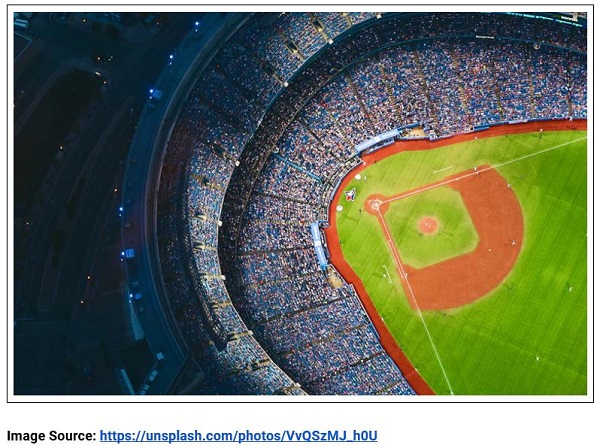
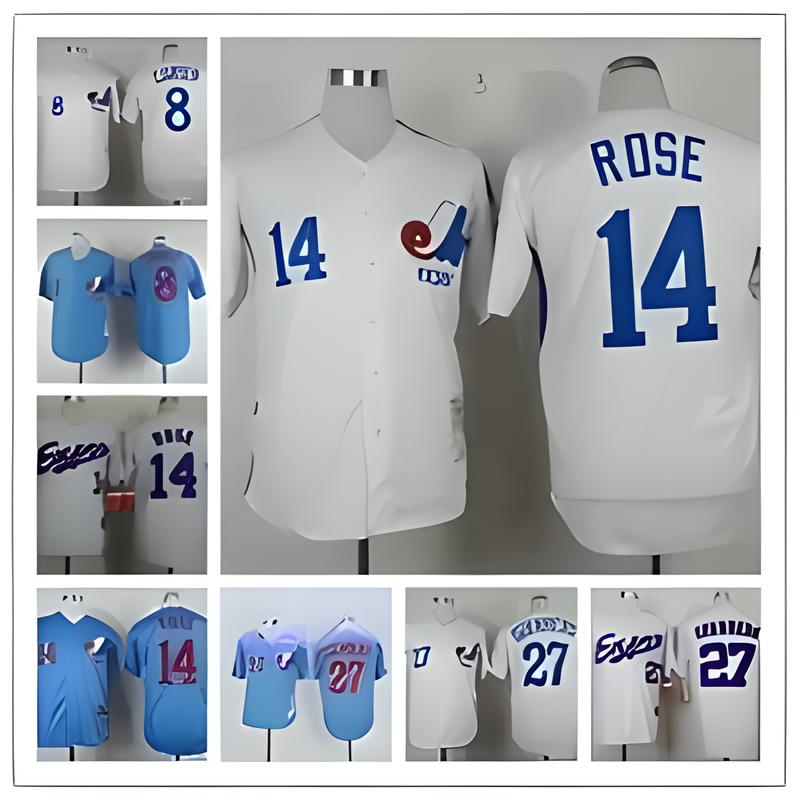


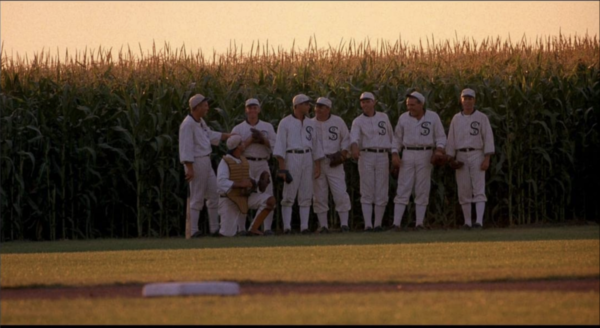

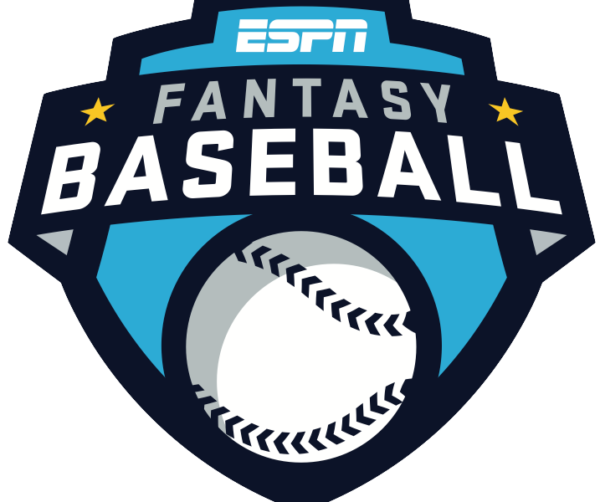
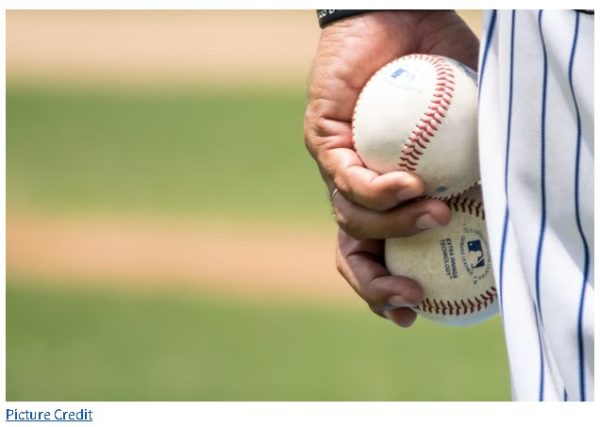
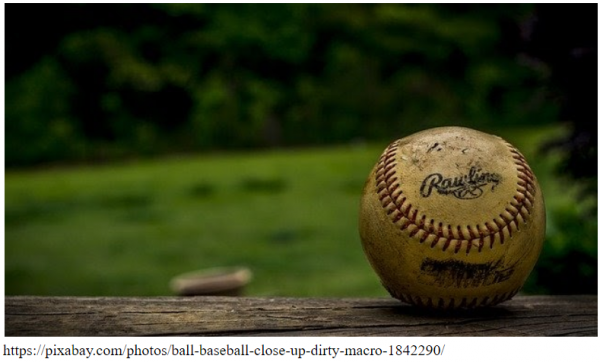

One Response